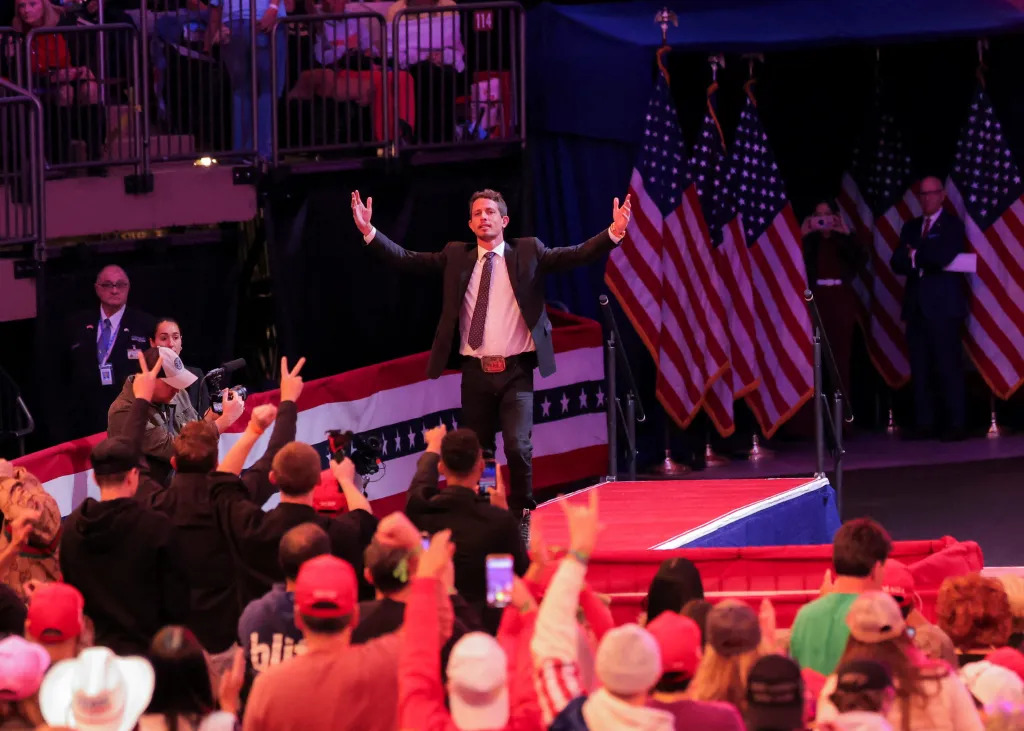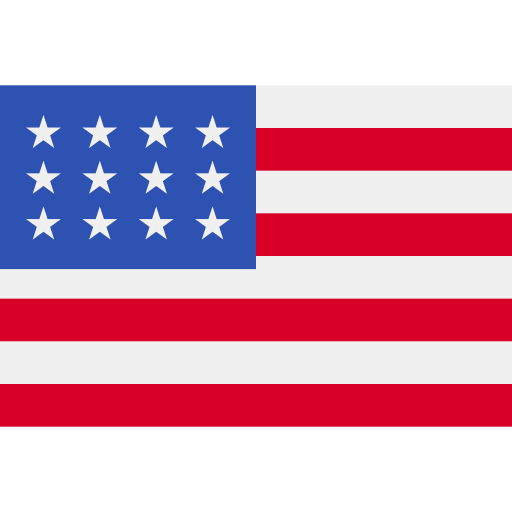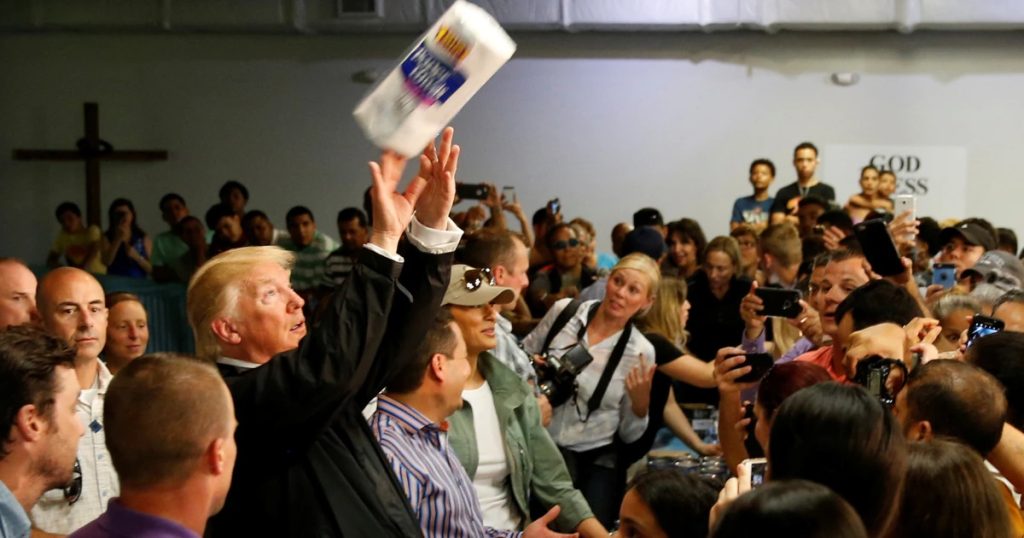No products in the cart.
Viraldes News
Tony Hinchcliffe Controversial Remarks at Trump Rally
The controversial comments made by comedian Tony Hinchcliffe at a Trump rally regarding Puerto Rico have sparked significant backlash, drawing attention to the sensitive topic of Puerto Rico’s relationship with the United States. Hinchcliffe, known for his boundary-pushing humor, raised eyebrows with statements that many found offensive and racially insensitive. This incident, which gained widespread media coverage, has reignited discussions about Puerto Rican identity, statehood, and the complex ties between the island and the mainland U.S. In this article, we’ll explore the context of Hinchcliffe’s remarks, the reaction from the public, and the larger implications for Puerto Rico’s status and representation.

The Controversial Remarks: What Did Tony Hinchcliffe Say?
Tony Hinchcliffe, a comedian known for his often-provocative humor, attended a Trump rally and made comments that many perceived as racist and offensive toward Puerto Ricans. Reports indicate that Hinchcliffe’s remarks included jokes about Puerto Rico’s place within the United States, alluding to stereotypes and making disparaging comments that touched on both race and cultural identity. While Hinchcliffe’s comedic style is often meant to challenge societal norms, his comments seemed to cross a line for many listeners, leading to swift backlash both online and offline. Critics argue that such jokes only reinforce negative stereotypes, particularly when performed in a politically charged environment like a Trump rally, where immigration and race-related topics are frequently polarizing.
The incident draws attention to the fine line comedians walk when blending humor with political discourse. While satire and humor have historically been used to critique and comment on social issues, Hinchcliffe’s remarks seemed to lack the nuance that separates thought-provoking humor from perceived offense. By addressing Puerto Rican identity in this manner, Hinchcliffe’s jokes tapped into long-standing cultural and political issues regarding Puerto Rico’s status as a U.S. territory and its residents’ rights.
Public Reaction and Media Coverage
The response to Hinchcliffe’s comments was swift and widespread. Social media platforms, especially Twitter, saw a surge in posts condemning his words, with many users pointing out the potential harm of perpetuating stereotypes about Puerto Ricans. The Latino community, activists, and other public figures also weighed in, expressing disappointment and frustration over what they perceived as an insensitive attempt at humor. Some argue that Hinchcliffe’s words were not only offensive but also indicative of broader misunderstandings about Puerto Rico’s relationship with the United States.
Major news outlets, including NBC News and others, picked up the story, amplifying the criticism. The media coverage highlighted the significant pushback Hinchcliffe faced, as well as the broader conversations sparked by his comments. The incident has led to calls for greater respect and understanding of Puerto Rican issues, especially in public and political spheres where the island’s status and identity are frequently overlooked or misrepresented. This public backlash has also underscored the role of the media in shaping public opinion and holding public figures accountable for their words and actions.
The Historical Context: Puerto Rico and the United States
To understand the gravity of the controversy, it’s essential to explore the complex history between Puerto Rico and the United States. Puerto Rico became a U.S. territory in 1898 following the Spanish-American War, and its residents were granted U.S. citizenship in 1917. However, despite this citizenship, Puerto Ricans cannot vote in presidential elections unless they reside on the mainland, and the island lacks voting representation in Congress. This unique status has led to long-standing debates over Puerto Rico’s future, with some advocating for statehood, others for full independence, and many for enhanced autonomy within the current arrangement.
Hinchcliffe’s remarks struck a nerve because they seemed to trivialize these complex issues. Many Puerto Ricans and their allies argue that the island’s political status creates a second-class citizenship, where residents are American but lack the same rights and representation as mainland citizens. This status has led to a number of challenges, particularly in times of crisis, such as after Hurricane Maria, when the island struggled to receive adequate federal assistance. Hinchcliffe’s comments inadvertently brought these issues back into the spotlight, serving as a reminder of the ongoing struggles Puerto Rico faces in its quest for equal treatment and recognition.
The Role of Comedians in Political Discourse
Comedy has long served as a platform for challenging societal norms, pushing boundaries, and opening up difficult conversations. However, when political figures or movements become part of the joke, comedians often face intense scrutiny over how they address sensitive topics. Hinchcliffe’s comments highlight the precarious balance comedians must strike between humor and responsibility, especially when addressing audiences that might hold strong political views.
In recent years, comedians have increasingly found themselves in the crosshairs of public opinion, particularly as audiences become more vocal about offensive content. While some argue that comedians should be free to speak their minds, others believe that they have a responsibility to avoid reinforcing harmful stereotypes. Hinchcliffe’s remarks, made within a politically charged environment, seemed to cross a line for many, raising questions about whether humor can, or should, address complex issues like race and cultural identity in this way. The backlash he faced underscores the evolving expectations of comedians and the responsibility that comes with using humor to comment on divisive social topics.
FAQs
Q1: What did Tony Hinchcliffe say that caused backlash? At a Trump rally, Hinchcliffe made remarks about Puerto Rico that were widely seen as racially insensitive, sparking public outrage.
Q2: Why were his remarks offensive? Many saw his comments as reinforcing harmful stereotypes about Puerto Ricans, which trivialized serious issues of identity and representation.
Q3: How did the media respond to the incident? Media coverage was extensive, condemning the remarks and spotlighting discussions about Puerto Rican identity and rights.
Q4: Can comedians talk about political topics without offending people? Comedy often pushes boundaries, but audiences increasingly expect sensitivity around complex social issues.
From Viraldes


